Publications
Articles, publications, books, tools and multimedia features from the U.S. Institute of Peace provide the latest news, analysis, research findings, practitioner guides and reports, all related to the conflict zones and issues that are at the center of the Institute’s work to prevent and reduce violent conflict.
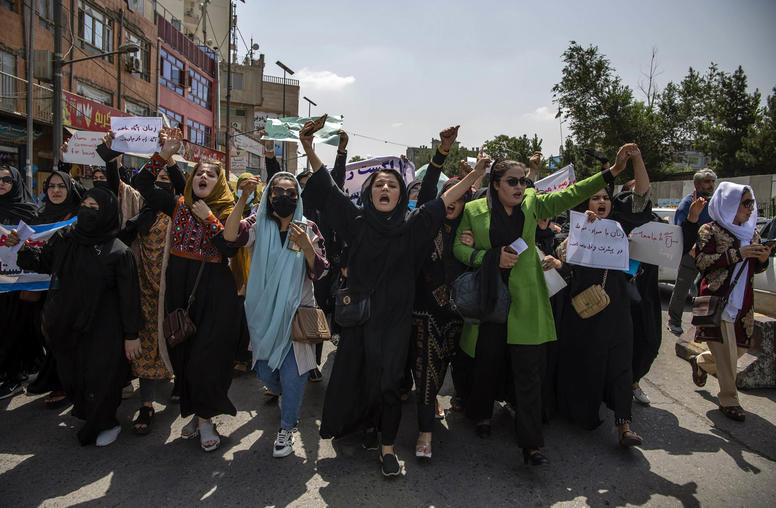
Iran’s Protests ... and the Afghan Sisters Next Door
Iran’s women are seizing worldwide admiration with 26 days of courageous defiance against their authoritarian government’s violent confinement of females as second-class citizens who may not freely work, marry, divorce, travel or even be seen with their heads uncovered. Less noted are this audacious movement’s existing, and potential, connections to the tenacious, 14-month campaign by Afghan women resisting the even tighter oppression of the Taliban. Street protest slogans, social media posts and other links illustrate a synergy between the movements that both should use in the difficult task of converting their inspiring courage into real change.
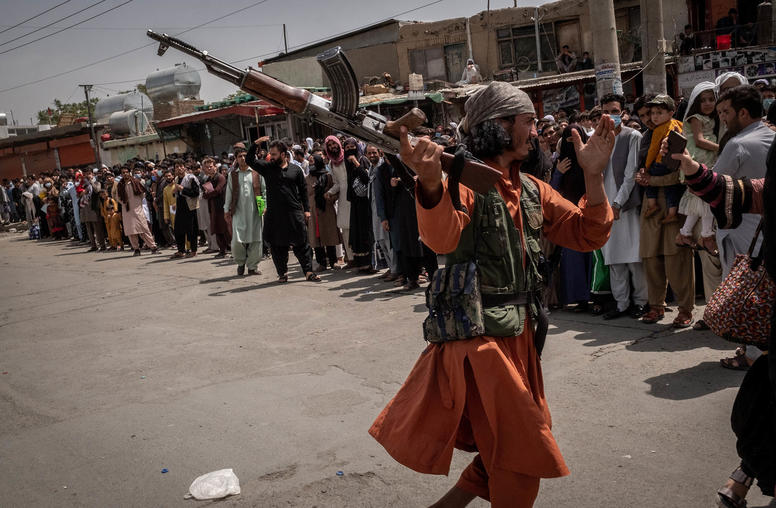
Want more accountability for the Taliban? Give more money for human rights monitoring.
Ahead of the U.N. General Assembly last week, U.N. Special Rapporteur on Human Rights in Afghanistan Richard Bennett released his first report grading the Taliban’s treatment of Afghans’ rights. It was an F. In the past year, the Taliban have engaged in a full-scale assault on Afghan’s human rights, denying women access to public life, dismantling human rights institutions, corrupting independent judicial processes, and engaging in extralegal measures to maintain control or to exact revenge for opposition to their rule. That is one of the main reasons — along with their continued support of al-Qaida and a refusal to form a more inclusive government — that Afghanistan has no representation at the U.N.

Belquis Ahmadi on Afghanistan a Year After the Taliban Takeover
A year on, the situation in Afghanistan is “looking really grim” as women and girls have lost the gains made over the past two decades and the country’s humanitarian crisis continues to spiral, says USIP’s Belquis Ahmadi. “The Taliban are trying to erase women from society.”
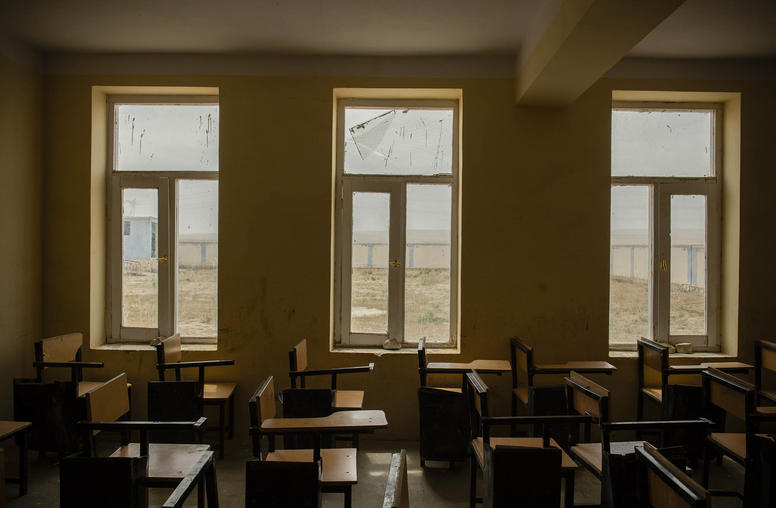
After a Year of Taliban Rule, Advances for Afghan Women and Youth Have All but Evaporated
Despite prior assurances that they had moderated their positions, the past year of Taliban rule has been marred by a disturbing rollback of women’s and girl’s basic rights as 20 years of advancements have nearly evaporated. Meanwhile, the current economic crisis has forced young Afghans out of the workforce and left them in dire financial and humanitarian straits. USIP’s Belquis Ahmadi and Matthew Parkes examine how the Taliban’s oppressive policies have affected Afghan women, girls and youth over the last 12 months and offer ways for the United States and international community to support Afghanistan’s next generation.
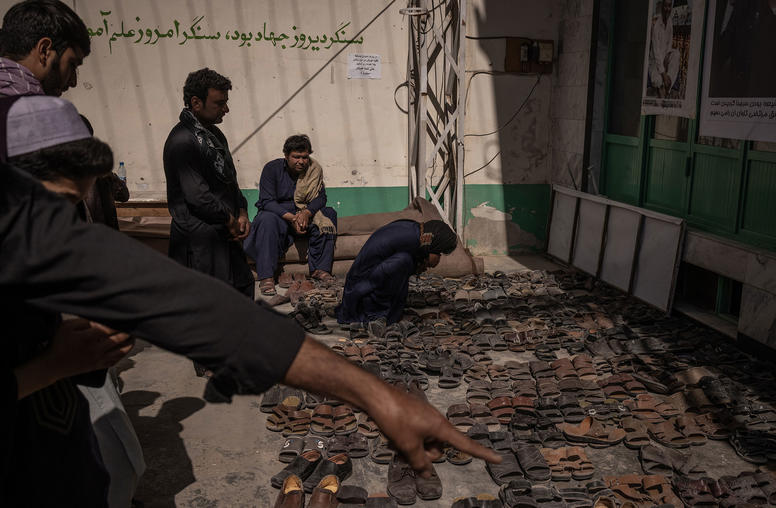
Four Ways the U.S. Can Help Prevent Mass Atrocities in Afghanistan
Following the Taliban’s August 2021 takeover, the risk of mass atrocities in Afghanistan has risen considerably, with multiple groups facing imminent threats of violence.
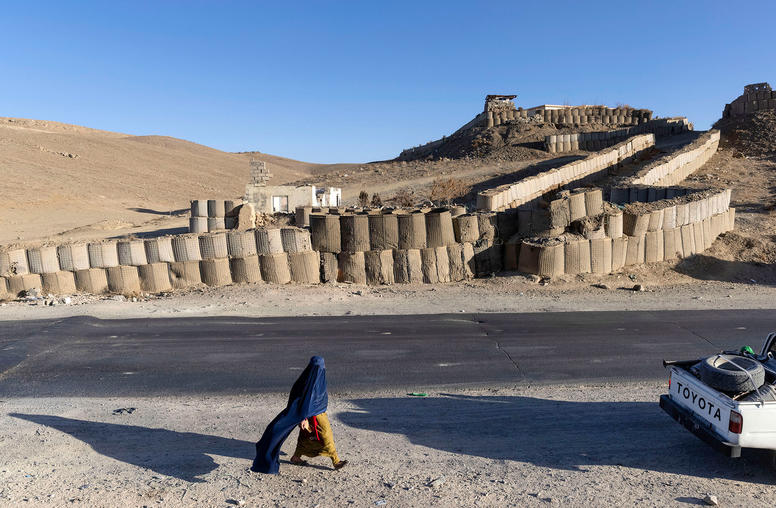
How the Taliban’s Hijab Decree Defies Islam
The Taliban continued this week to roll back Afghan women’s rights by decreeing women must be fully covered from head to toe — including their faces — to appear in public. This follows decrees limiting women’s ability to work, women’s and girls’ access to education and even limiting their freedom of movement. Afghan women are rapidly facing the worst-case scenario many feared when the Taliban took over last summer. While the Taliban justify these moves as in accordance with Islam, they are, in fact, contradicting Islamic tradition and Afghan culture as the group looks to resurrect the full control they had over women and girls when they ruled in the 1990s.
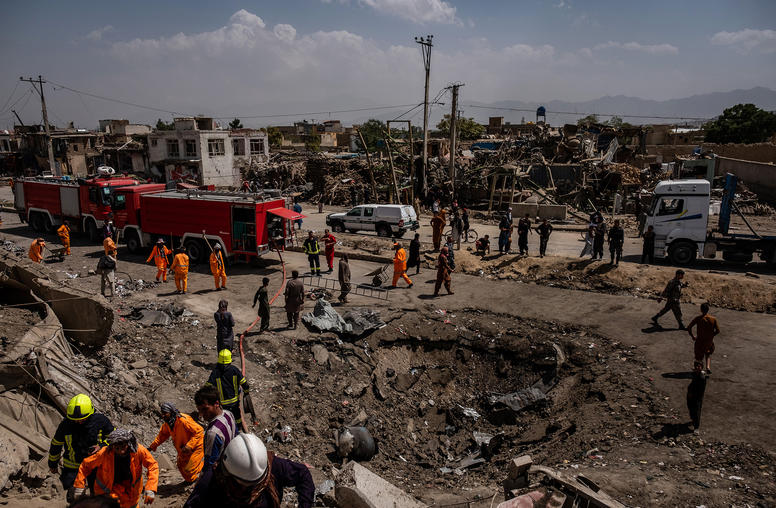
Intolerance of Atrocity Crimes in Ukraine Should Apply to Afghanistan
Russia’s war of aggression against Ukraine has caused massive loss of life and destruction of property, forcing millions to seek refuge in neighboring countries. There is mounting evidence that the Russian military has committed war crimes and crimes against humanity, intentionally attacking Ukrainian civilians. The urgent attention that Western countries have given to Russian war crimes and other atrocities in Ukraine has the potential to provide some accountability for gross violations of human rights as well as to shore up a faltering framework of international human rights law.
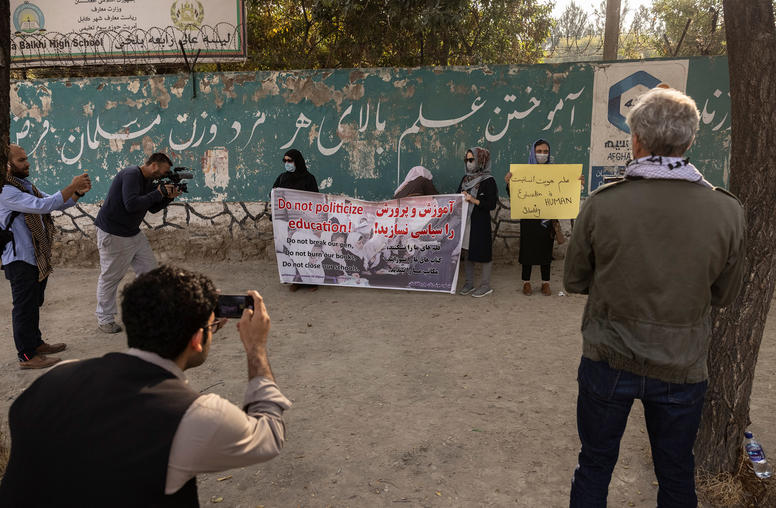
Taliban’s Ban on Girls’ Education in Afghanistan
On March 23, the first day of the school year in Afghanistan, eager female students arriving for class found closed gates and armed Taliban guards. Despite the de facto authorities’ assurances only days earlier that schools would reopen for girls above sixth grade, they had barred girls from further education.
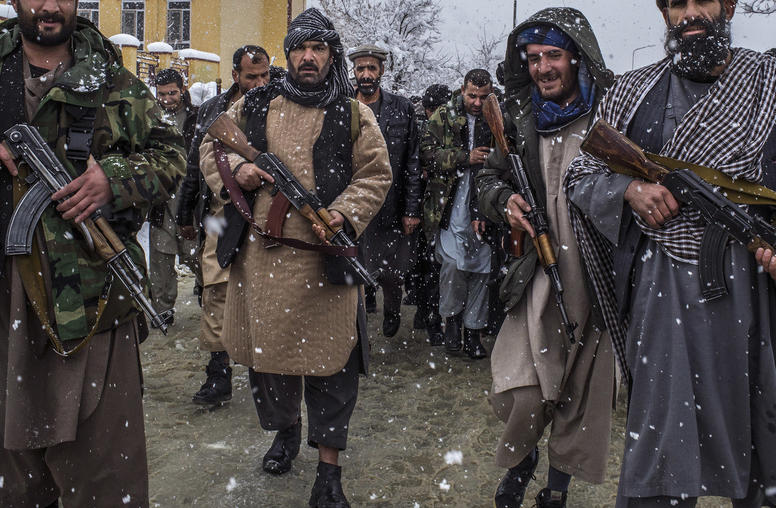
After Afghanistan Withdrawal: A Return to ‘Warlordism?’
As the United States withdraws from Afghanistan, Washington is considering options to ensure its intelligence-gathering and counterterrorism capabilities are maintained. Recent reporting suggests that United States is looking to use bases in Pakistan and in the former Soviet Republics in Central Asia — although without success so far. Washington is also mulling over engaging with Afghan warlords as part of this effort, a strategy it relied on in the 1980s and 90s and to a lesser extent over the last two decades. If history is any guide, this strategy will pose significant risks that could have deadly and destabilizing consequences for Afghanistan and the region.
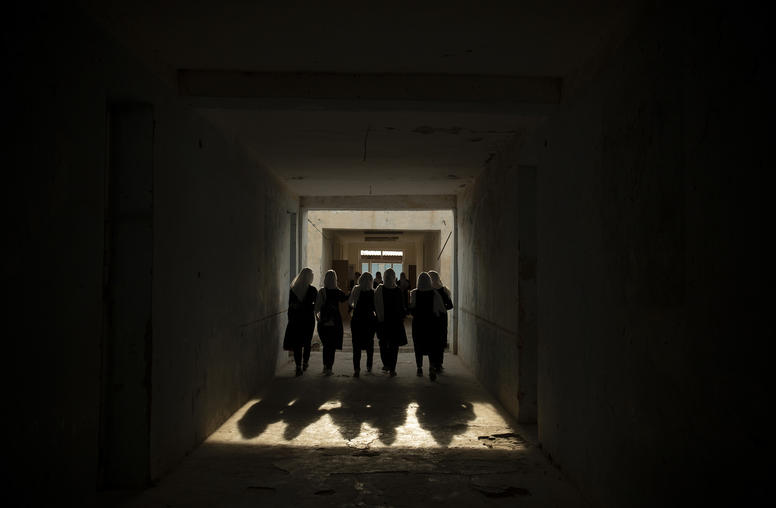
Kabul School Bombing Reinforces Fears Over Post-Withdrawal Security
For the Dasht-e-Barchi neighborhood of Kabul, home to the Hazara minority group, the devastating May 8 bombing outside a school is part of a disturbing trend of attacks in the area. The bombing killed at least 85 and injured around 150 — mostly young girls — and coincided with concerns of escalating violence as the United States withdraws combat troops from Afghanistan. Although no group has claimed responsibility, the Islamic State group (ISIS) has perpetrated similar attacks in the past and many suspect it was again responsible.